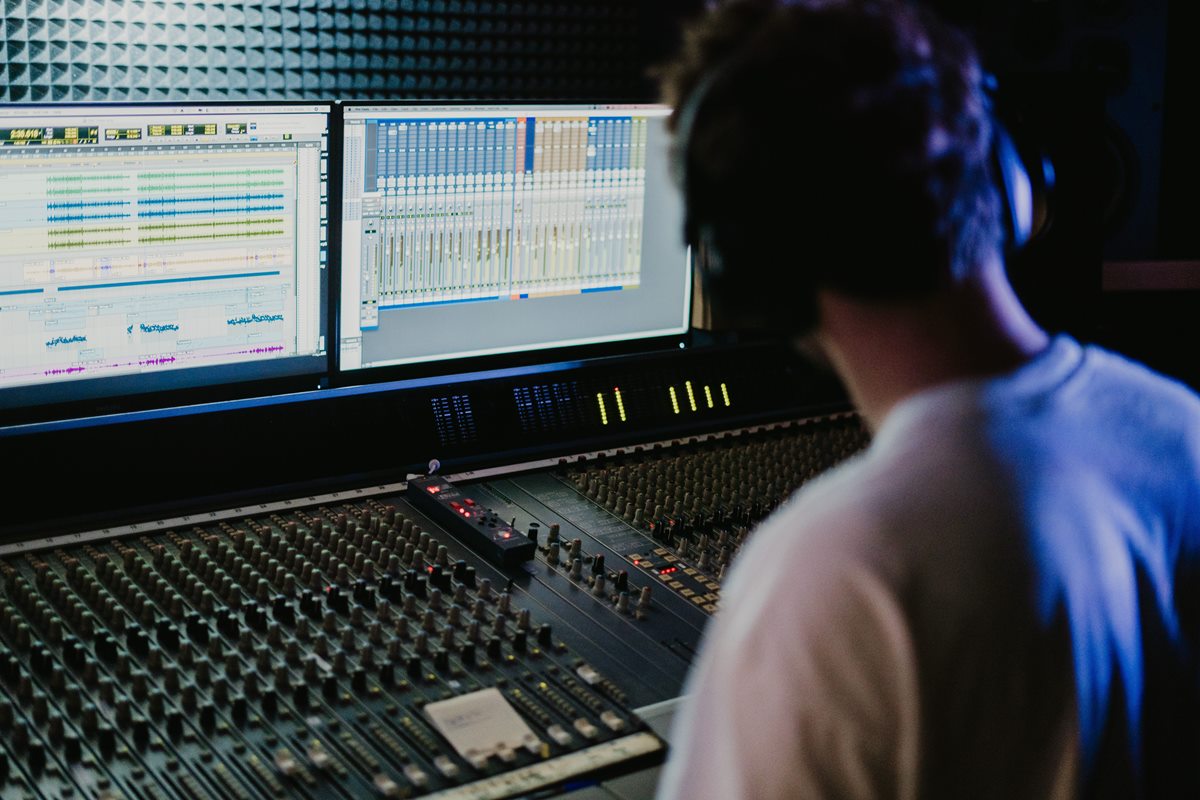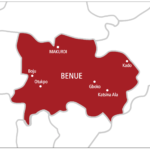As a primordial art of communication and emotional expression, music in its simplest form involves a cocktail of vocal and/or instrumental resonance for dulcet or dissonant chords.
The manner or styles modern music follows is a perplexing profusion which is mostly contemporary or reflects certain cultural norms.
Nigerian music is incomparable to other African countries in terms of cultural output, social connectedness and internet influence. The country’s artistry remains mystery to others and simultaneously, the most fervently adventurous audience.
The country’s performance in music is sterling locally and globally even though artists from other countries might put the same efforts or use the same tools, Nigerians have taken music beyond its basic purpose; “music for the soul” to a means of survival.
Below are the highlighted reasons why Nigerian music excel locally and globally than other African countries:
Population
Music or entertainment in general, is phenomenal when there are audience to appreciate such artistry; the more the number of fans, the more the enthusiasm in such artists. Nigeria currently has a population of over 215 million citizens. Digital data report shows there are over 109.2 million internet users in the country; 43 are active social media users (from Whatsapp, Tiktok, facebook, etc)
Amazingly, one year after Spotify was launched, Nigerians generated 1.3 million playlist. This vast turn-up for music streaming enables Nigerian music to excel locally and globally, giving them advantage over the less populated countries.
Presently, the internet is mandatory for both major and upcoming artists since most Nigerians spend more time on the internet than offline activities.
The vast growth in Nigerian music shows 30% of the country’s Alte is being streamed in the US data on local genres and about 40% of Nigerian Afropop streamed in US, UK, and France. Yet report had it that Nigerian spotify users use VPN to “trick” their device location.
The above data analysis is obviously one of the reasons why the top 10 most streamed African artists are majorly Nigerians.
Social Connectedness
With high self-esteem and empathy, Nigerian artists understand that the industry had morphed hitherto, from recording demos and distributing them to the public to use of social media platforms. Social connectedness as a weapon of excellence in Nigeria music industry exhibits two routes:
Connection With Major Labels
So far, Nigerian music industry has the highest number of major labels in Africa, the presence of popular artists like Wizkid, Burna boy, and Tiwa Savage alone makes work less tedious for upcoming artists in the country, one can easily “blow” once been signed by a major label…not neglecting the most important benefit of a record label; Marketing.
This mutual chain of artists-record label relationship takes precedence over other African Countries with limited labels or “already made” artists.
The albums of such major labels attracts collaboration from artists other continents thus, making their music go virally global.
Connection With Fans
Recur that Nigerians have the highest internet access compared to other African countries. Thus, with the aid of social media, most artists are able to connect with people, build relationship with fans and even face criticism, which gives them the occasion to change or stick to their style of music to find more audience.
Social connection with fans enables the artist to comment or show appreciation to fans to keep them coming back to their thriving communities.
Desire For Survival
The country’s experiencing teething troubles due to increase in population which present multiplicity of problems like hunger, unemployment and insecurity. One way to adapt to such environmental changes is embracement of self-employment such as music imprints.
It might sound a bit juvenile to say Nigerians are more hardworking than citizens of other Countries , but the extent at which they apply efforts to get what they want is extraordinary unique; a belief that anything that gives money is worth doing makes Nigerian music more of ‘a source of survival’ than means of entertainment.
Consistency
It brings about greater customer satisfaction, increases confidence in attaining stability on the side of the artist, many Nigerian artists came from nowhere to the top of the food chain because they kept dropping singles and albums not relenting whether they make hit or not.
The music industry is populated, full of talented stars and perhaps, extremely competitive. Hence, dropping songs “back-back” is an excellent move to gaining more fame and productiveness.
It’s obvious that consistency improves awareness, and inconsistency does the opposite irrespective of one’s talent. Burna boy, Wizkid, Davido, Olamide, and many other artists are examples of such artists who embraced consistency throughout their music careers.
To clear doubtful mindsets, one should inquire how many popular artists other African countries have; and how many of such artists are consistent.
Culture
Over the years, music serves a special function of entertainment and communication among societies. More so, it also act as a medium for one’s identity. For instance, one can clearly identify “a group” by their or vocal rhymes or context of culture in which an opus was constructed.
Nigeria has the highest number of successful music artists and rappers, mostly from Yoruba, and a good number from Igbos.
…but why do Nigeria Music prosper globally even when they sing in their dialect?
Apart from Music, the Nollywood movie industry are known for displaying Nigerian culture in most of their movies watched locally and globally, this had been an added advantage as foreigners are used to Nigerian assets, although population as a major role to play too as other countries engage in such phenomenon too.
Lyrics is also very important in a song, Nigerians understands this hence, are able to coalesce their native languages with English, thus giving their songs a chance to excel globally both to the English speaking countries, and the non-English speaking countries who may fall in love with the melody of such songs.






